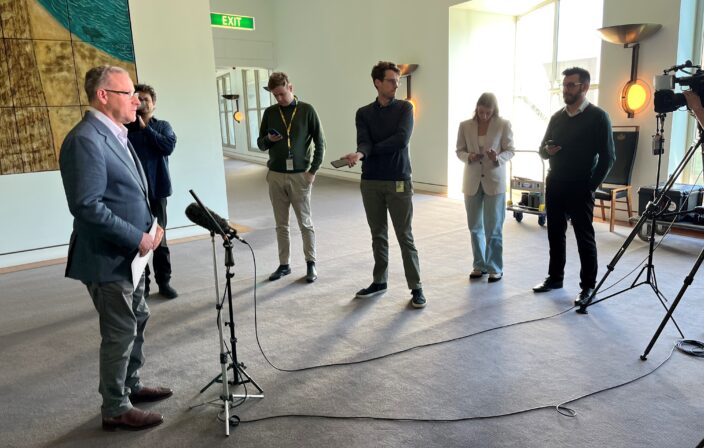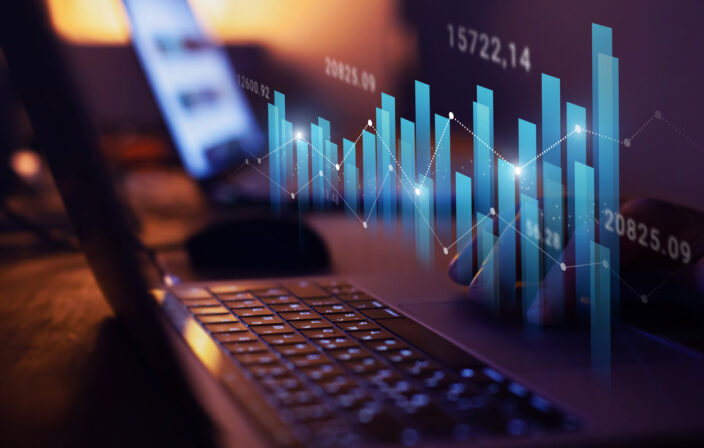Andrew McKellar interview with Allison Langdon and Karl Stefanovic, The Today Show
16 Nov 2022
|Transcripts
Event: Andrew McKellar interview with Allison Langdon and Karl Stefanovic, The Today Show.
Speakers: Andrew McKellar, chief executive Australian Chamber of Commerce and Industry; Allison Langdon and Karl Stefanovic, co-hosts The Today Show.
Date: 16 November 2022.
Topics: Chinese trade sanctions; Albanese-Xi G20 meeting; diversifying export markets.
E&OE
Allison Langdon, host The Today Show: Allison: Well, it’s going to be a tense day in Bali as G20 leaders hold crisis meetings on the deadly rogue Russian missile that hit Poland. It comes hours after our prime minister met with China’s president to discuss the big issues from security to trade.
Karl Stefanovic, host The Today Show: Chief executive of the Australian Chamber of Commerce and Industry, Andrew McKellar joins us now. Andrew, good morning to you. Thanks for your time this morning. How are you feeling about the talks? I mean, there’s been so much happen even with Poland in the last six or 12 hours. There’s a lot of uncertainty out there, isn’t there?
Andrew McKellar, chief executive Australian Chamber of Commerce and Industry: Good morning, Karl. Good morning, Ally. Great to be with you. Yes, I was up in Bali over the weekend to Monday for the B20 talks and the Prime Minister arrived with very strong support and engagement from the business community. I think we very much welcomed the meeting that the prime minister had with Chinese President Xi overnight. I think that’s a very positive step forward. The important thing here is we have to move forward on the trade restrictions that have been imposed at the moment. That’s costing Australian exporters about $20 billion a year. But I think this is a valuable first step to get those talks going.
Allison: I mean, that’s it, isn’t it? That meeting you would say probably is the first baby step, and we’re not going to see any immediate resolutions. What kind of timeframe are you looking at, do you think, for some of those restrictions to lift?
Andrew: That’s not clear at this stage. Obviously, dialogue between the Australian government and the Chinese government has been frozen for a number of years now. We’ve been seeing the first steps taken with some very high-level ministerial meetings, but now for the prime minister to be able to meet with the Chinese president, that’s the first time that’s happened since 2016. We’re very hopeful that that will now start to lead to some steps to normalise the relationship, and hopefully we can convince the Chinese to begin removing those restrictions they’ve been placing on Australian exports.
Karl: You know what though, I mean, we’ve been pretty clever. A lot of the small and big businesses have started to pivot around China. They would’ve seen that, and I guess hopefully it’ll lead to some of those tariffs being brought down and some of that trade starting up again. But most businesses need to be diverse, don’t they? They need to be able to be nimble enough to go into another country.
Andrew: You’re absolutely right, Karl, and I think this is one of the reasons that we had such a strong business delegation up in Bali. Obviously one of the things that the prime minister has been emphasizing is the importance of building that relationship with other significant economies. Indonesia is one of those. Next year, India will be hosting the G20, another very important economy. You’re exactly right. Business has to focus on diversifying their markets, making sure that we’re not just tied into one big market like China.
Allison: I think that lesson has been learned and we’re sort of doubtful of seeing that, but good to see those steps being taken and there is at least dialogue. Thanks for joining us, Andrew. Appreciate it.
Karl: Thanks, Andrew.


